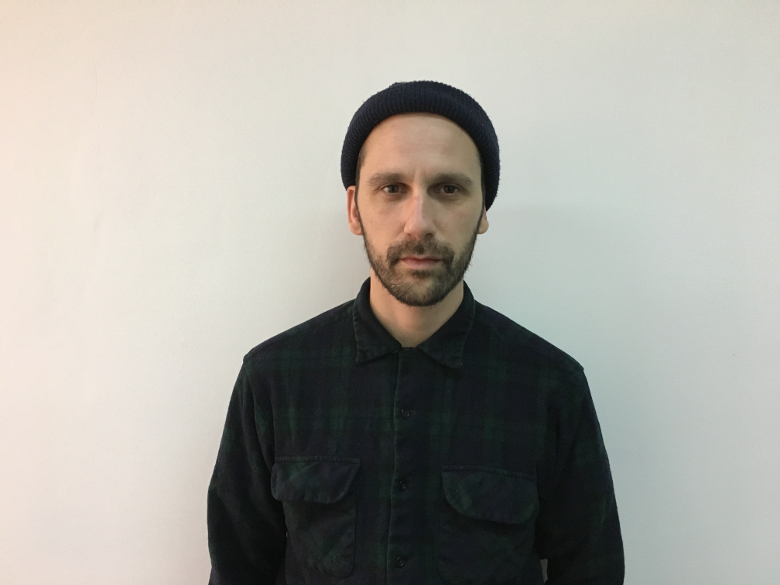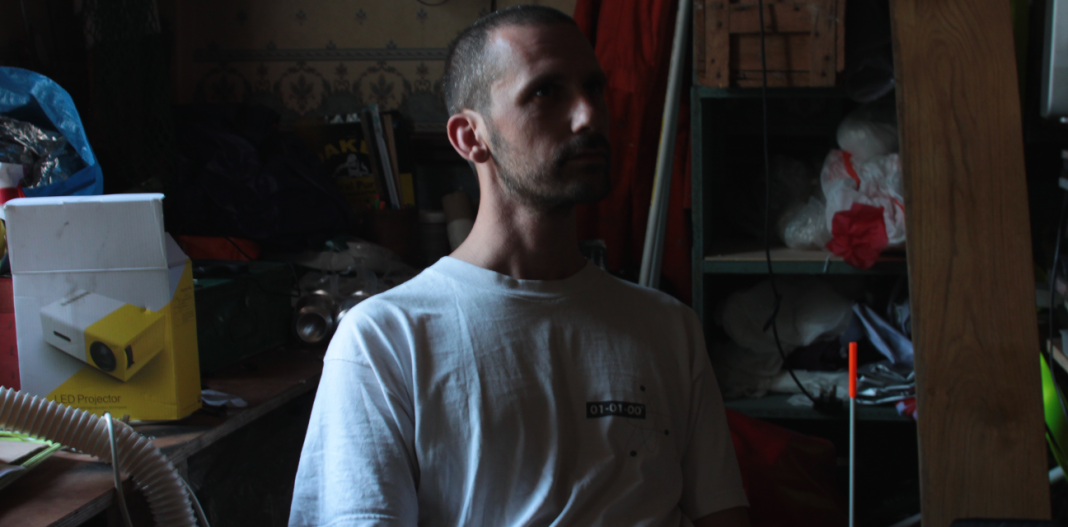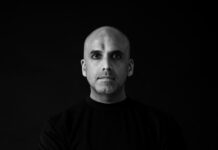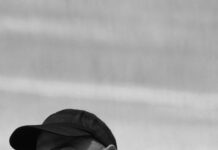King Tubby is being considered as the “dub inventor”. A friend of him, Niney the Observer, once said in an interview that one of his methods was to tape songs off the radio, “like certain time of night he plug in the radio station and play it back into his sound.” He also used to record relatively common sounds from the streets or friends. Long story short, this ‘method’ reminded me of you using the voice of one of your neighbour who’s a singer. Both approaches are more or less connected to sampling from the surrounded environment. To what extent does your environment influence you musically?
I really like this connection you made, it’s exactly that actually. I have always used very frugal means of expression, I like restrictions when I work and I try to apply them in my process. I want to use elements that I find within reach, this is something I learned through working with a very limited or none-at-all production budget. It’s very magical to me how something really impressive can be born out of something phenomenally plain and humble. I am using everything, voices, samples, loops as an instrument and this restriction is actually one that can have many exciting results. Changing environments and meeting people from different musical cultures is actually the most important asset that my work has offered me. Lately I have been interested in taking samples from Laiko recordings that I am a very avid collector of. Laiko is urban folk music from Greece mostly recorded after the 50s. It is a music genre that has been more or less snubbed by serious critics and musicologists, and it is to me one of the biggest influences in my songwriting. I have always been interested in traditional music as well, there is a filament that connects my music to the music of my predecessors that I want to maintain intact. These influences are not apparent at all to the listener, but that is exactly what I aim to do. Taking them out of context and blowing them out of proportion.

Having talked about the methodological, let’s talk about the emotional component. In an interview you said that during the recording of III you were in a ”transitional process” in your life.
Working as a musician is a very tough choice. When I took the leap of faith and decided to focus on music and music only I had to be ready to confront , which can be really harsh at times. The insecurity, creative or financial, that such a decision brings with it can have a strong impact on your work. I still struggle a lot with money. People might get the impression that if you release and have gigs you make a lot of money and live the rock’n’roll lifestyle. This is so far from reality that it can be very upsetting. Yes, I manage to live off my music and yes, I manage to evolve with my work and play in better places for better fees, but reality is always grounding. I have the same struggles and problems as someone with a conventional occupation would have and I live on the same planet and have the same survival issues as anyone. Artists are not these magical creatures that can survive everything. There is this misconception that most people who do what I do have a backing, a financial eiderdown that allows them to do their work freely and not worry about everyday survival. This misconception is what creates an emotional dysfunction. And it is within this dysfunction that I manage to work better and more concentrated. Creation has always been and always will be for me a way to survive the world and keep my sanity. Epiclitus would say that this creation is what feeds ”the freedom of my soul” and that is something that no political system, human relationship, or financial turmoil can take away from me.
Stream: Jay Glass Dubs – Jay Glass Dubs





